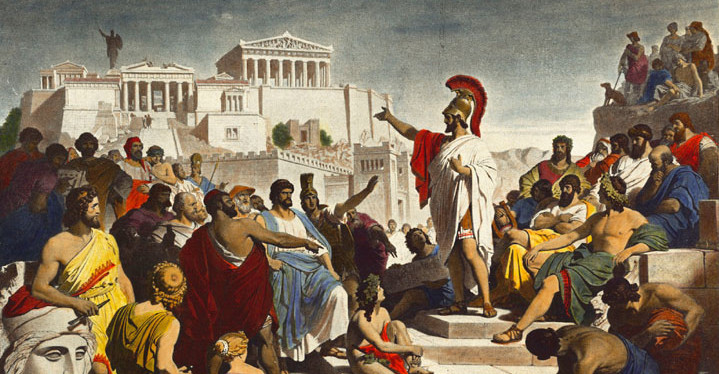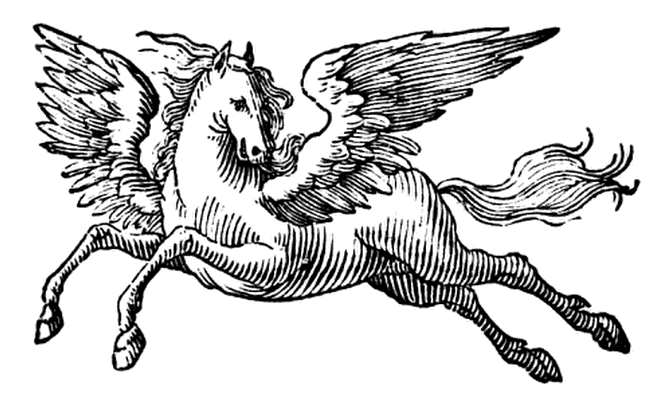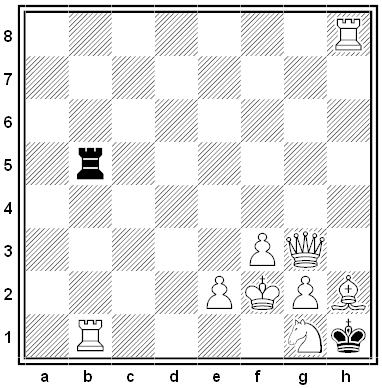After Arthur Conan Doyle’s death, his biographer Hesketh Pearson claimed to have discovered among his papers the scenario of an uncompleted tale.
A girl appeals to Sherlock Holmes for help — her uncle has been found shot in his bedroom, and her lover has been arrested as a suspect. The lover has recently had a quarrel with the old man; a revolver is found in his house that could have fired the fatal shot; and he owns a ladder whose feet match marks below the dead man’s window and which bears incriminating soil on its feet. The girl suspects another man who has been paying court to her.
Holmes and Watson go to the village, where they discover a pair of stilts in a disused well. When the accused man is found guilty of murder, Holmes is driven to a desperate stratagem: He dresses an actor as the murdered man, mounts him on the stilts, and has him approach the villain’s bedroom window, crying, “As you came for me, I have come for you!” Terrified, the man makes a full confession: He had planted the revolver and smeared the ladder’s feet with soil, hoping to win the girl and her money.
Pearson adds, apparently without intending the pun, “Presumably Doyle scrapped this because he felt on reflection that the episode of the stilts was rather tall.”
Of the story, Richard Lancelyn Green wrote, “there is no evidence to show that it is by [Doyle] and strong internal evidence to suggest that it’s not.” For what it’s worth, Robert A. Cutter completed the adventure in 1947.





